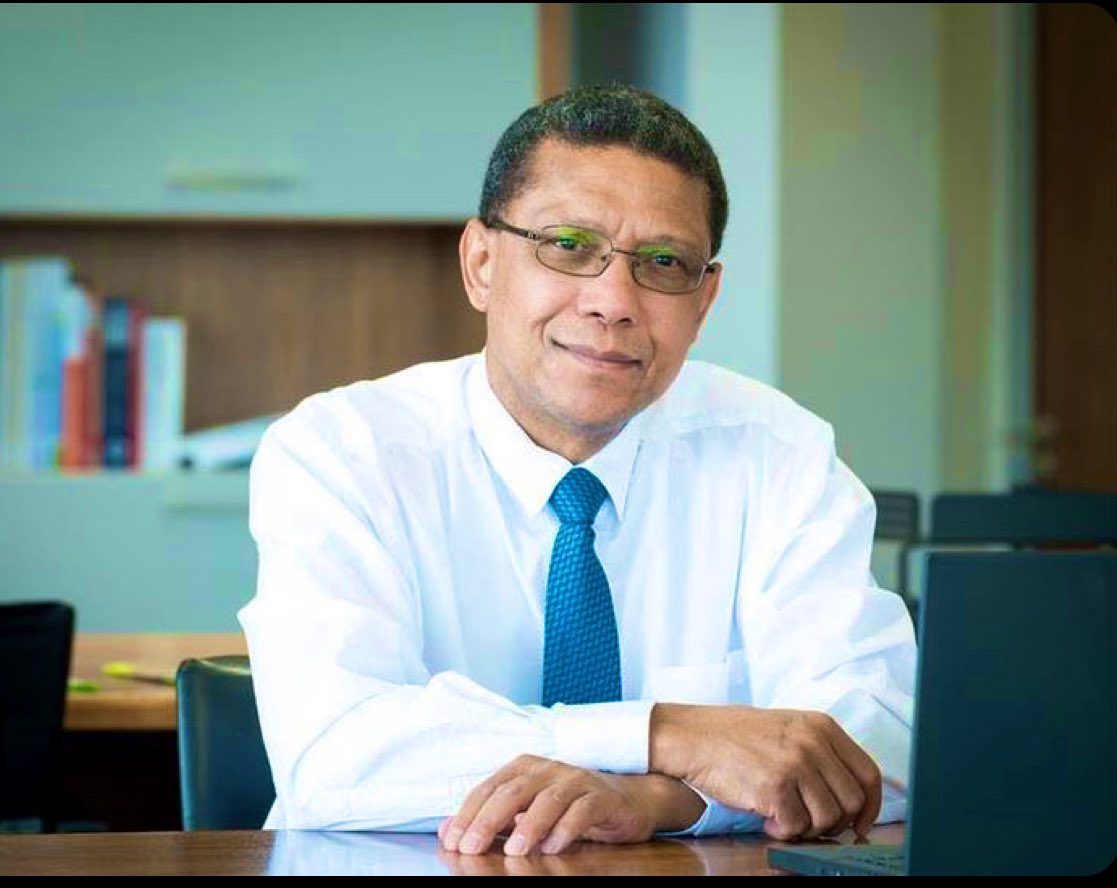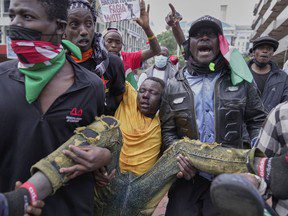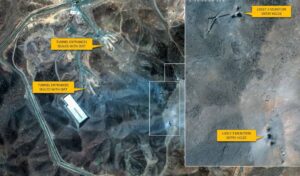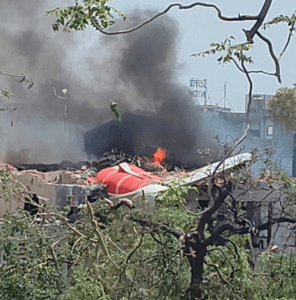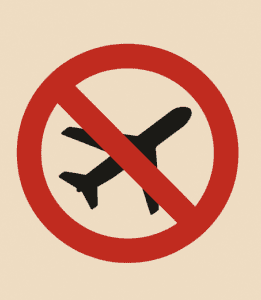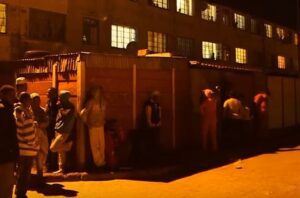Former Tshwane Democratic Alliance (DA) Mayor Randall Williams has shed light on internal party dynamics and factionalism that led to his eventual ousting. In a candid interview, Williams spoke about what he described as persistent efforts by a faction within the DA to undermine his leadership, hinting at deeper divisions within the party and questioning the fairness of recent political maneuvers.
Williams revealed that since July 2022, a small faction within his caucus had consistently worked against him. According to Williams, this group consisted of “a few white councillors” and was not representative of the entire caucus. He also implicated Solly Msimanga, former Tshwane mayor and prominent DA figure, in these efforts.
“They would regularly attack me on the caucus WhatsApp groups,” Williams said. “One of them screenshot the attacks against me and they sent it to Helen Zille and then claimed that the whole caucus turned against me.”
He explained that the faction’s actions were part of a larger plan to remove him from power, a strategy that gained the backing of DA Federal Council Chairperson Helen Zille and party leader John Steenhuisen.
Williams was particularly frustrated by what he perceived as the manipulation of internal communications to create the impression that the majority of the caucus was against him. He said that despite the faction being a minority, they managed to gain significant external support, setting the stage for his ousting.
One key element in the internal power struggle, according to Williams, was the sudden appointment of Cilliers Brink, a DA member of parliament, to manage white stakeholders and service delivery issues in Tshwane. Williams strongly objected to this move, which he felt undermined his authority as mayor.
“The instruction also implied that I had to, as mayor, report to Cilliers Brink. And I absolutely refused,” he stated. “There’s no way I’m going to report to someone who is not a politician in the city of Tshwane and who’s not above me.”
Williams indicated that he saw this appointment as a clear signal of the faction’s intent to replace him with Brink. Though he was later assured by Solly Msimanga that there was no formal requirement to report to Brink, the damage had been done. From that point onward, Williams believed that the plan to oust him had been set in motion, with Brink positioned as his likely successor.
In his interview, Williams expressed concern about the way the DA has used motions of no confidence in Tshwane. He argued that while the DA has previously leveraged such motions for its own benefit, it now objects to their use when directed against the party.
“As the DA in the city of Tshwane, we’ve made extensive uses of it. We brought several motions of no confidence in the city of Tshwane to remove the current speaker,” he said. “But when it’s against the DA, no, it shouldn’t be used.”
This double standard, in Williams’ view, reflects a broader issue of political inconsistency within the DA, particularly in its management of internal conflicts and power transitions.
Randall Williams (Former Tshwane DA Mayor):
In July 2022, DA appointed Cilliers Brink to be in charge of white stakeholders.
All service delivery issues concerning white residents had to be referred to Cilliers Brink. pic.twitter.com/K7psR2nSQm
— Izwe Lethu (@LandNoli) October 2, 2024
Williams did not mince his words when it came to Cilliers Brink, whom he believes has been positioned as a natural successor in Tshwane. While he acknowledged that the city faces numerous challenges, he was skeptical of Brink’s ability to address these effectively.
“I don’t believe Cilliers Brink has a divine right to govern the city of Tshwane,” Williams stated bluntly. “Whether he’s the right person to run the country, I can’t say… But one thing I do know, he’s definitely not a messiah.”
Williams went on to criticize the information being shared with Tshwane residents, arguing that it paints an overly optimistic picture of the current administration’s achievements. He insisted that many of these so-called accomplishments could not be credited solely to Brink or his mayoral committee.
Williams’ revelations paint a complex picture of the internal workings of the DA, especially in relation to its governance of Tshwane. His account of factionalism, manipulation, and conflicting leadership styles hints at deeper issues within the party that could affect its future ability to lead effectively.
The DA, once lauded for its disciplined internal structures, now appears to be grappling with the same kinds of leadership struggles that have plagued other political parties in South Africa. With Williams publicly voicing his grievances, questions arise about how the party will manage these tensions moving forward. Will it lead to more significant changes in leadership, or will the DA manage to unify its factions and restore stability?
Only time will tell, but for now, the situation in Tshwane appears fraught with internal conflict, and Williams’ reflections suggest that these tensions are far from resolved.

